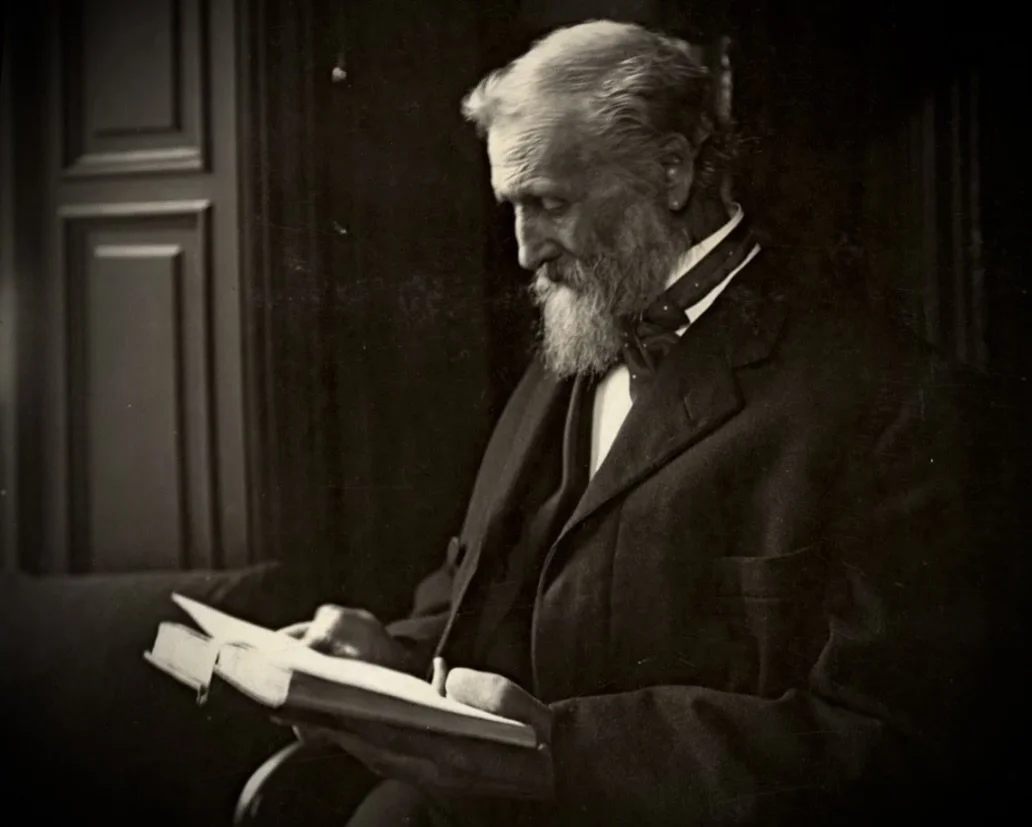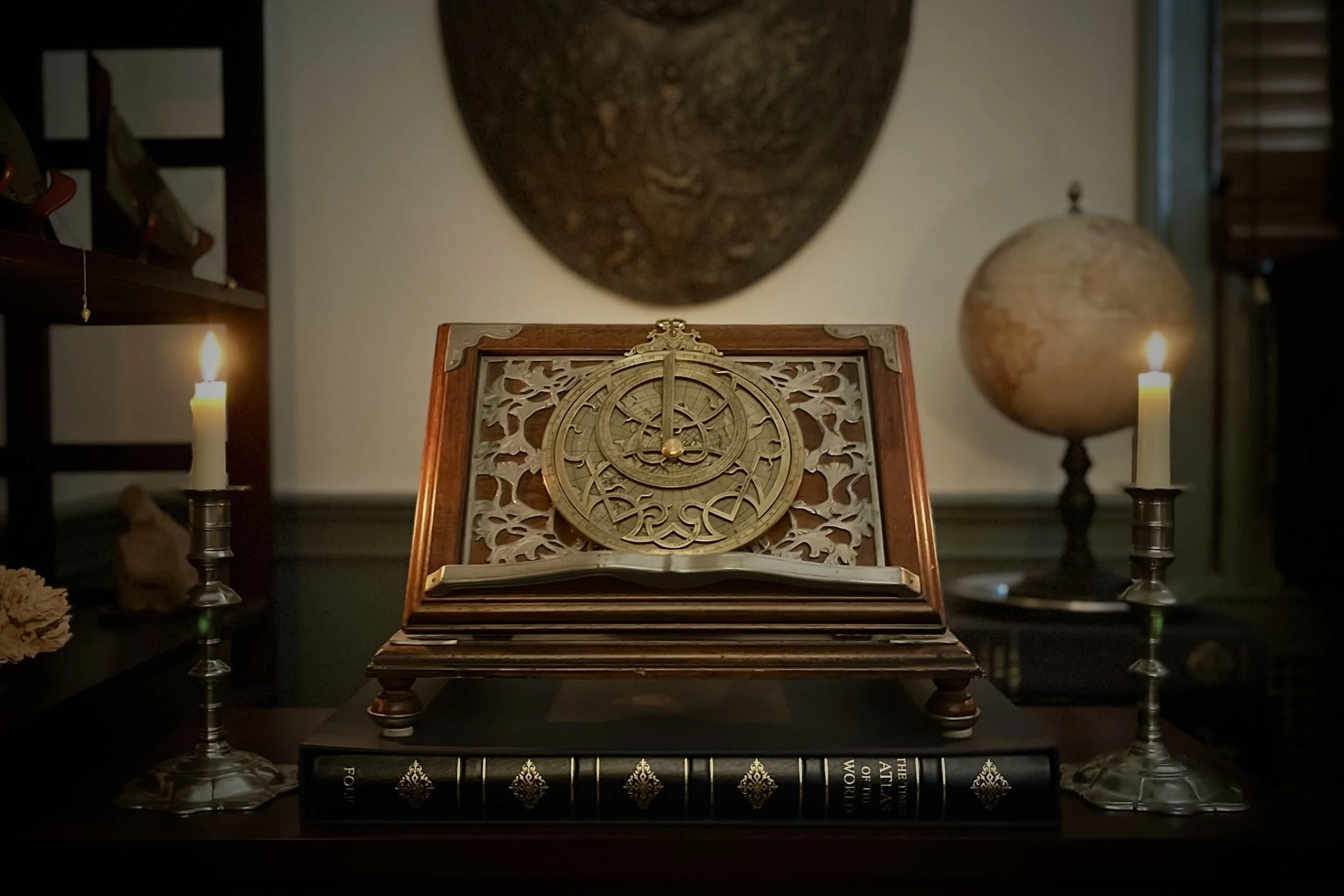John Muir, portrait c. May 29, 1912.
Underwood & Underwood/Library of Congress, Washington, D.C. (digital. id. cph 3a10297)
But he, in his private observatory, cataloguing obscure and nebulous stars of the human mind, which as yet no man has thought of as such, — watching days and months, sometimes, for a few facts; correcting still his old records; — must relinquish display and immediate fame. In the long period of his preparation, he must betray often an ignorance and shiftlessness in popular arts, incurring the disdain of the able who shoulder him aside.
Long he must stammer in his speech; often forego the living for the dead. Worse yet, he must accept, — how often! poverty and solitude. For the ease and pleasure of treading the old road, accepting the fashions, the education, the religion of society, he takes the cross of making his own, and, of course, the self accusation, the faint heart, the frequent uncertainty and loss of time, which are the nettles and tangling vines in the way of the self-relying and self-directed; and the state of virtual hostility in which he seems to stand to society, and especially to educated society.
For all this loss and scorn, what offset? He is to find consolation in exercising the highest functions of human nature. He is one, who raises himself from private considerations, and breathes and lives on public and illustrious thoughts. He is the world's eye. He is the world's heart. He is to resist the vulgar prosperity that retrogrades ever to barbarism, by preserving and communicating heroic sentiments, noble biographies, melodious verse, and the conclusions of history. Whatsoever oracles the human heart, in all emergencies, in all solemn hours, has uttered as its commentary on the world of actions, — these he shall receive and impart. And whatsoever new verdict Reason from her inviolable seat pronounces on the passing men and events of to-day, — this he shall hear and promulgate.
Ralph Waldo Emerson, “The American Scholar”
THE AMERICAN SCHOLAR
a Wisdom of Thought





